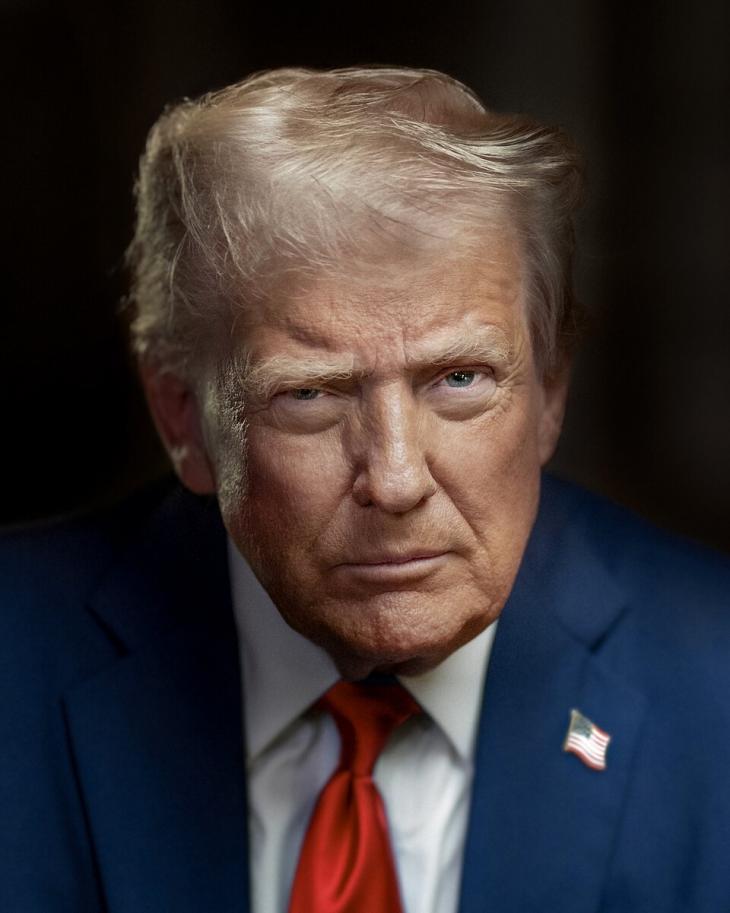
By Publisher Ray Carmen
As the U.S. barrels toward another Trump presidency, global financial markets are bracing for what Bank of England Governor Andrew Bailey calls a “dangerous tariff war” that could echo across continents — and wash up on Caribbean shores in unexpected ways.
In his latest remarks at both the IMF and Mansion House conference, Bailey raised a red flag over renewed U.S. protectionism, warning that escalating tariffs under Trump 2.0 may fracture decades of post-WWII trade structure, inflame inflation, and create economic headwinds felt well beyond Washington.
“Unilateral trade action risks triggering a spiral,” Bailey noted. “Once trust and collaboration erode, uncertainty rises — and with it, the risk of financial instability.”

Why This Warning Matters
While tariff skirmishes may sound abstract, the ripple effects are real and immediate, especially for small, open economies like those in the Caribbean. Bailey’s comments signal that the global financial community is uneasy about what a second Trump presidency might unleash:
-
Systemic disruption: Tariffs undermine global supply chains and investor confidence — key pillars of economic stability.
-
Global contagion: As nations retaliate with their own tariffs, international trade slows, prices climb, and capital seeks safer havens.
What It Means for Caribbean Real Estate
You may ask — how do U.S. tariffs impact beachfront villas in Barbados or condos in St. Kitts?
Quite directly, actually.
1. Investment climate shifts
Trade instability often spooks global markets. In contrast, Caribbean real estate — prized for its stability, lifestyle, and safe-haven appeal — often becomes more attractive to high-net-worth individuals looking to hedge volatility.
2. Tourism under pressure, or pivoting
If tariffs curb U.S. economic growth, outbound travel could soften. However, Caribbean destinations with strong branding and digital agility may position themselves as resilient, alternative hubs — especially for luxury and eco-tourism.
3. Currency & credit consequences
Tariff shocks can affect dollar strength and interest rates. Caribbean nations with regional currency linkages or diversified trade partners may appear more stable to international buyers and institutional investors.
Bailey’s Call to Action
Bailey didn’t just sound the alarm — he offered a roadmap:
-
Restore balance: Use global institutions like the IMF, WTO, and Financial Stability Board to mediate and resolve imbalances collaboratively.
-
Rebuild trust: Return to multilateral trade frameworks, rather than unilateralism, to avoid lasting economic damage.
Final Take
From Trump to Trump, the economic stakes are higher than ever. In an increasingly unpredictable global landscape, Caribbean real estate stands out as both a sanctuary and a strategy.
Bailey’s warning isn’t just for economists. It’s a nudge to investors: stay alert, think globally, and lean into the long-term value of island assets that offer more than just sunshine — they offer stability.




